Saturday | Workshops
Calling all friends of the tenor banjo! The Second Annual Baltimore Irish Tenor Banjo Summit is here! Sign up now for a full day of workshops with three masters of the Irish Tenor Banjo: Seamus Egan, David McKindley-Ward, and Peter FitzGerald. Workshop registrants also have access to the entire weekend of programming around the Irish tenor banjo, including a ceili on Friday night with a ceili band led by Seamus Egan and Billy McComiskey, sessions each day, and a concert at the Creative Alliance by the instructors. All levels of banjo (and mandolin) players are welcome to register, and all participants will have a workshop with each of our phenomenal instructors.
On Saturday, workshop participants will receive a full day of intensive instruction from each of our teachers. Participants will be divided into groups, and each group will receive three 90-minute workshops, one with each instructor, with a lunch break in the middle of the day. From players who are just starting on the banjo to professional-level players, these three great instructors will have techniques, tips, and insight that will help you to take your practice to the next level. There will also be sessions throughout the day. You must register for a weekend pass for access to the workshops!
About the Instructors
Seamus Egan
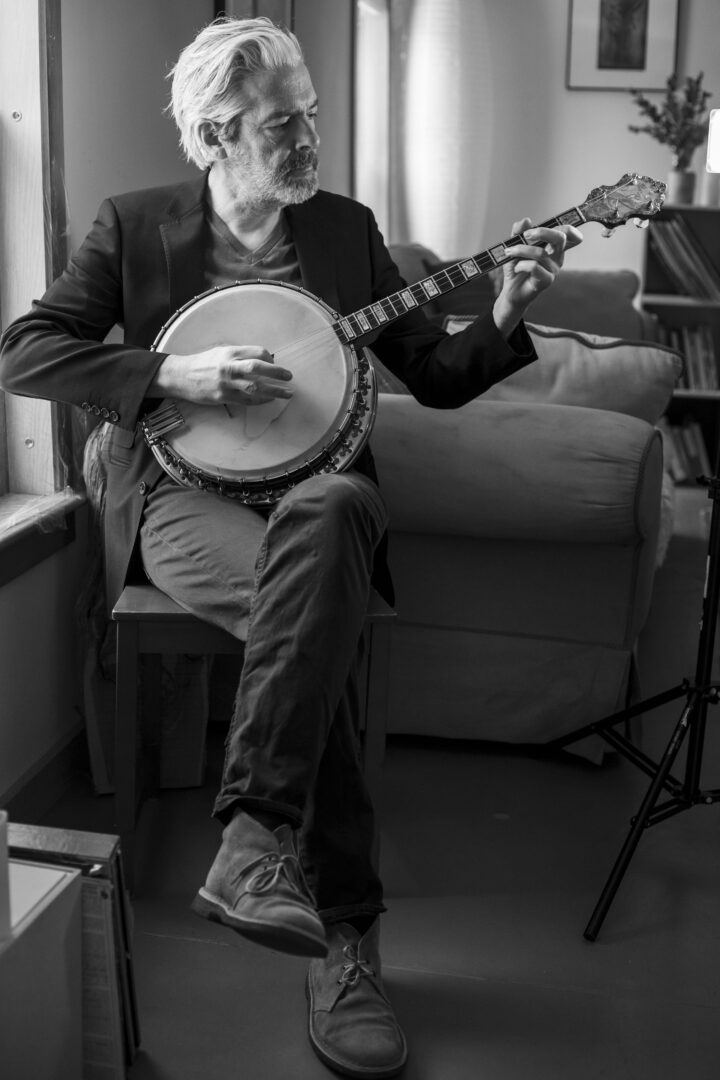
It’s hard to think of an artist in traditional Irish music more influential than Seamus Egan. From his beginnings as a teen prodigy, to his groundbreaking solo work with Shanachie Records, to his founding of Irish-American powerhouse band Solas, to his current work as one of the leading composers and interpreters of the tradition, Egan has inspired multiple generations of musicians and helped define the sound of Irish music today. As a multi-instrumentalist, he’s put his mark on the sound of the Irish flute, tenor banjo, guitar, mandolin, tin whistle, and low whistle, among others. As a composer, he was behind the soundtrack for the award-winning film The Brothers McMullen, co-wrote Sarah McLachlan’s breakout hit, “Weep Not for the Memories,” and has scored numerous documentaries and indie films since. As a bandleader, Solas has been the pre-eminent Irish-American band of their generation for the past 20 years, continuously renewing Irish music with fresh ideas, including a collaboration with Rhiannon Giddens on their 2015 album. As a performer, few others can make so many instruments or such wickedly complex ornaments seem so effortless. Music comes as naturally to Seamus Egan as breath, but his mastery of the tradition is only one facet of his plans to move the music forward.
In 2018, Seamus Egan began touring as a solo performer, bringing along friends and musical guests, and making music as Seamus Egan Projectthat points towards the origins of Solas in the 1990s. Originally a band of friends who gathered to enjoy the late night craic of the Irish sessions in Philadelphia and New York, Solas was able to meld the breakneck speed and fun of these late night jams with a more sensitive feel for complex arrangements and composition that came from Egan’s love of other music genres like jazz, classical, bluegrass or rock. Revisiting this period in his music, focusing on the three solo albums he cut before Solas, Egan’s looking back to that initial burst of creativity that followed the breathtaking four All-Ireland Championships he won on four different instruments by the young age of 14 and his turns as a star soloist in his later teens with Mick Moloney’s The Green Fields of America.
Growing up under the wing of powerful elder musicians, Egan’s always paid homage to his roots, but he’s thought of these roots less as a heritage and more as a universal language to be shared. Just as classical or jazz cuts across all ethnicities and unites communities around the world, Egan saw Irish music the same way, and the ensuing decades only served to support this idea. Today, musicians play Irish music all over the world, and part of this comes from the constant evolution the tradition has seen in the past century. Certainly this idea of musical evolution has kept Egan centered through the twenty years he’s spent as founding member of Solas, but the first real inkling of this came from his groundbreaking 1996 album, When Juniper Sleeps. Here, Egan began to explore the further reaches of the Irish tradition, blazing his way at spectacular speed through Irish reels, but also bringing in rich compositions and arrangements, and crafting soundscapes to enrich the melodies. This album dropped nearly the same year as Solas’ debut, self-titled album, so it’s no surprise that Egan would reach back to this time period to create new music for new generations.
David McKindley-Ward
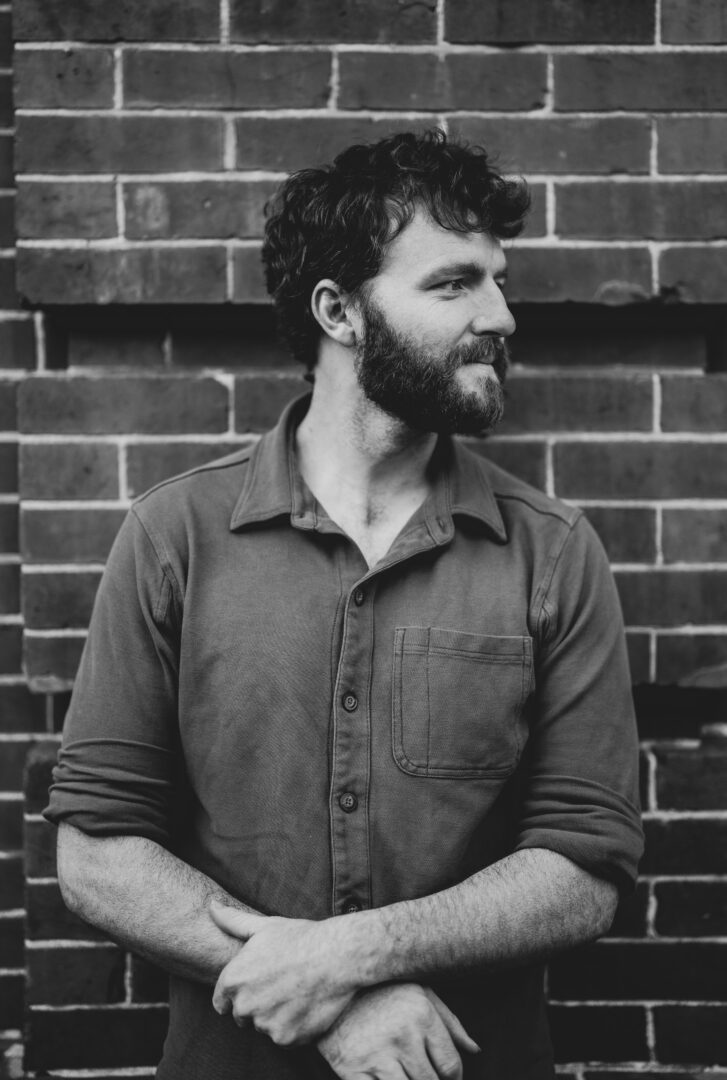
David McKindley-Ward, grew up in the DC area steeped in folk, traditional music, and protest music from all over the world. From his solid folk foundation of Pete Segeer and Stan Rogers, he found a love for Irish music from cassette tape recordings of the old folk revival balladeers from the 50s and 60s; the Clancy brothers and Tommy Makem, the Dubliners, The Wolftones, and many more. His interest in traditional singing grew when exposed to such greats as Paul Brady, Dolores Keane, and Donal Maguire, and much of his style and repertoire is based on these three. David has collaborated with singers and instrumentalists Billy McComiskey, Eimear Arkins, Liz Hanley, Joey Abarta, and many others.
As an instrumentalist, David is a sought out session musician, and accompanist on bouzouki and guitar, as well as a well respected interpreter of the musical carnival that is the tenor banjo, taking first place in the mid-atlantic fleadh in 2019.
Over the last few years, he has made a name for himself as a touring artist across the US, Ireland and the UK and a regular performer and instructor at festivals including Catskills Irish Arts Week, Baltimore TradFest and The Philadelphia Céilí Group. He recently moved to the Boston area and has found a musical home amongst the fine traditional Irish musicians based there.He has recorded three albums with singer-songwriter Letitia VanSant, their latest release due this fall.
Peter FitzGerald
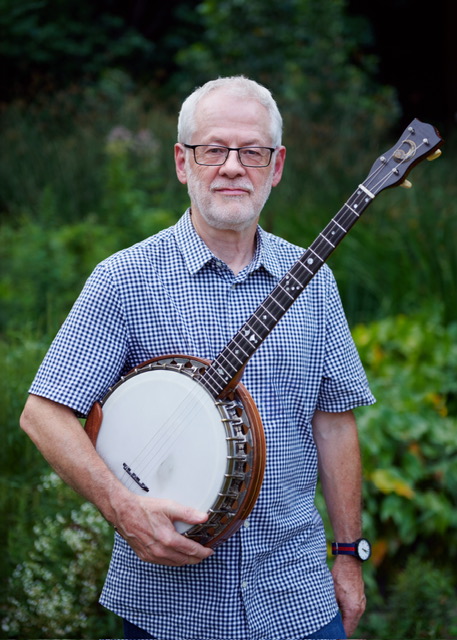
Peter comes from Navan County Meath. During the folk and traditional music revival in the late ‘70s, Peter took up mandolin and started attending sessions on a regular basis in County Meath and beyond. Later he took up banjo and was influenced by Barney McKenna and Mick Moloney, especially having heard the latter’s “Strings Attached” album. In 1983 he emigrated to the U.S. with his friend accordion player Tim Mulcahy and settled in Baltimore.
Peter soon became a regular player at sessions and ceilis in the area. At Billy McComiskey’s Thursday night session at Kavanagh’s pub in Baltimore, Peter learned an abundance of music, especially from Billy. In addition, he increased his repertoire from playing with the many visiting musicians who attended that session and the many other sessions in the Baltimore-Washington area. In 1990, Peter began leading what would become the longest running session in Baltimore, at J.Patrick’s Irish Pub. That session ran non-stop until the owner Joe Patrick Byrne passed away in 2012.
Peter is a highly regarded banjo and mandolin teacher and has taught privately, at previous Baltimore trad festivals, and at New York Catskills festivals and festivals in Nova Scotia.

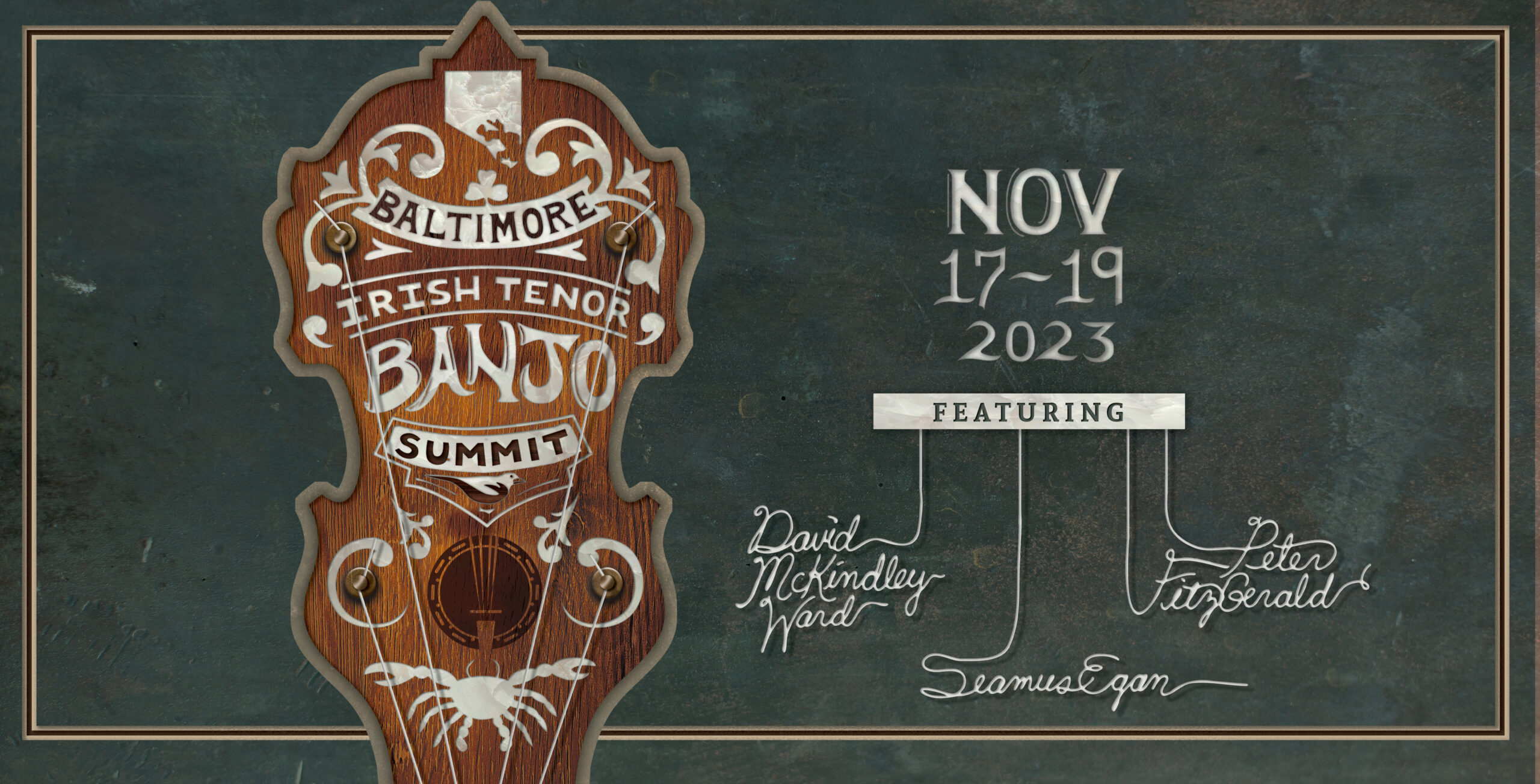



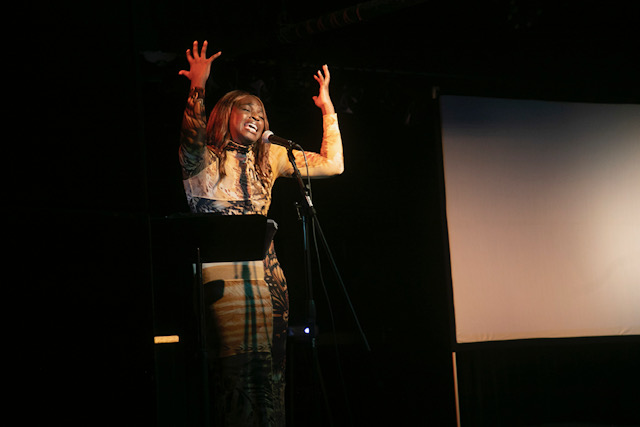
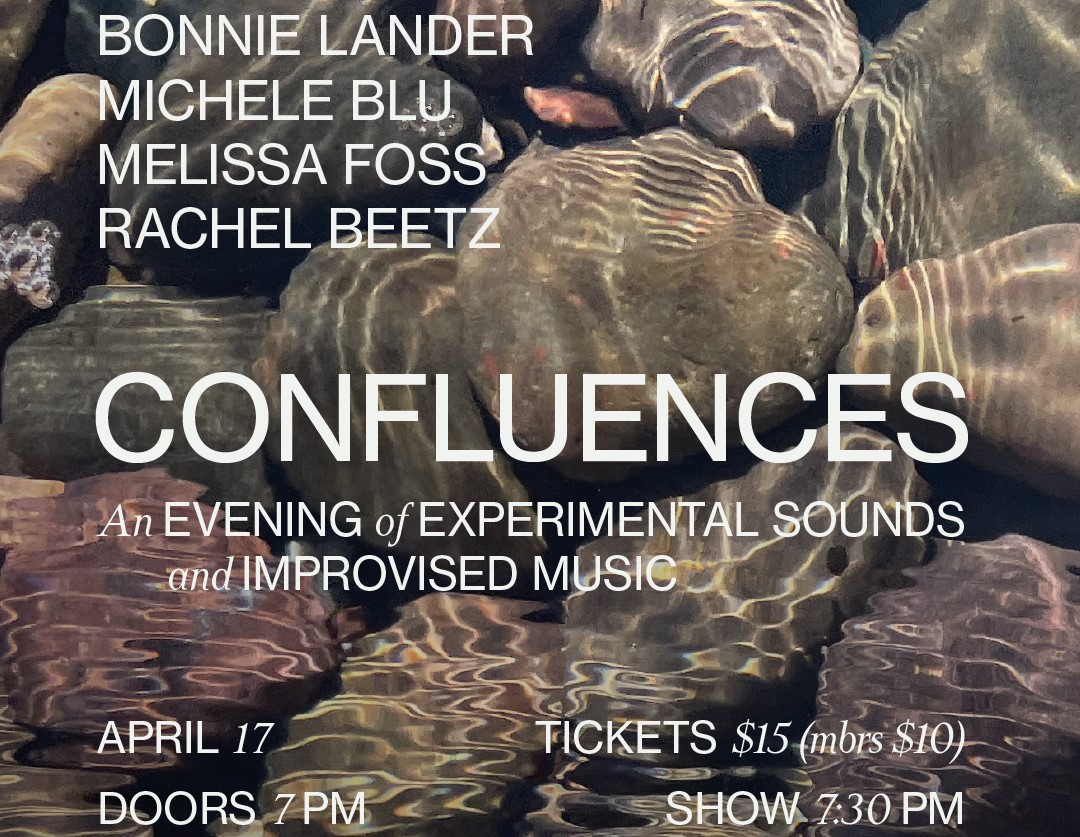
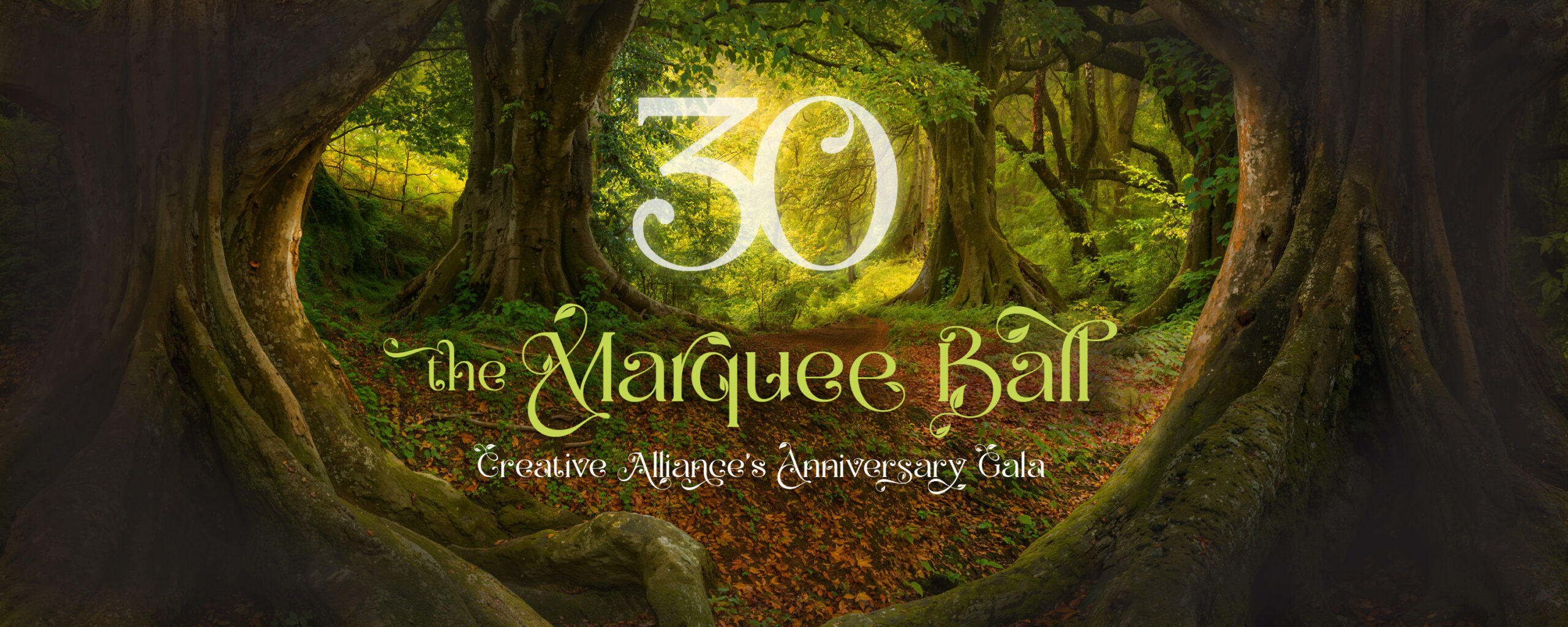
![Dylan Tribute 2025 Poster – Square – CA calendar size[73] Dylan Tribute 2025](https://creativealliance.org/wp-content/uploads/2025/01/Dylan-Tribute-2025-Poster-Square-CA-calendar-size73.jpg)